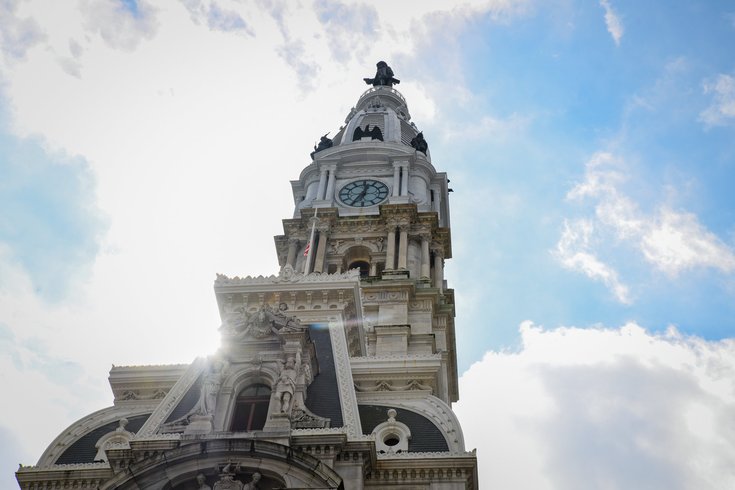
September 28, 2023
 Kate Frese/For PhillyVoice
Kate Frese/For PhillyVoice
City Council voted Thursday to override Mayor Jim Kenney's veto of a bill that prohibits supervised injection sites in most parts of Philadelphia. The law goes into effect immediately without the support of the mayor.
City Council voted to override Mayor Jim Kenney's veto of a bill that prohibits supervised injection sites from opening in most Philadelphia neighborhoods.
City Council pushed the bill into law with a 14-1 vote Thursday after more than an hour of public comment that included remarks from many advocates of supervised injection sites – medical facilities where people can use drugs under the supervision of those trained to prevent overdoses.
The law takes effect immediately without Kenney's support. It changes the city's zoning code to designate supervised injection sites as prohibited in all but one of the city's 10 legislative districts. District 3, which includes portions of West and Southwest Philadelphia, is excluded. Councilmember Jamie Gauthier, who represents that district, said she voted to override Kenney's veto because she supports councilmembers having the power to make land-use decisions in their districts.
The bill does not ban the use of supervised injection sites outright, as several councilmembers noted. Rather, a supervised injection site requires an exemption through the Zoning Board of Adjustment. To gain permission, the site's operators would need to present proposals to neighborhood groups; the zoning board would consider their input in making a decision; WHYY reported.
Councilmember Quetcy Lozada, who represents Kensington and introduced the measure earlier this year, said the law is meant to provide a voice to communities that may not want a supervised injection site. She rebuked Kenney for saying city shouldn't hand approval for supervised injection sites over to the "loudest voices in the room."
"This administration has had eight years to fix a problem that they have created," Lozada said, referring to the open-air drug market in Kensington. "They chose not to. I think it is disingenuous to say that we need to get our heads out of anywhere, when obviously their heads have not been in the right place as it relates to this bill and to the Kensington community."
In a letter explaining his veto, Kenney cited research that shows supervised injection sites lead to fewer overdose deaths, ambulance calls for overdose treatment and drug injections in public. Kenney called the bill "troublingly anti-science and misleading," saying there are ways to ensure community involvement in city planning without the use of a zoning variance.
Kendra Brooks was the only councilmember who voted in favor of Kenney's veto. When council passed the bill two weeks ago, Brooks said it fails to address overdose deaths or offer support to people with addictions.
The number of fatal overdoses in Philly has risen every year since 2018. Last year, 1,413 people died from drug overdoses.
The law is partly a response to the ongoing legal fight over the ability of Safehouse, a Philly-based nonprofit organization, to open the city's first supervised injection site. The proposal has been embroiled in a court battle for more than four years. There are no active plans to open any other supervised injection sites in the city.